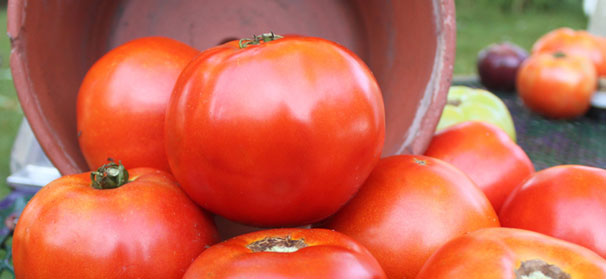Sep 30, 2021Protocols set to fight disease, including bacterial wilt of tomato, eggplant
USDA’s Animal and Plant Health Inspection Service announced Sept. 27 that it will conduct annual certification visits in peak harvesting time to offshore facilities that wish to ship geranium (Pelargonium spp.) cuttings to the United States during 2021-2022.
During these visits, APHIS will confirm that the offshore facility meets or exceeds the “Minimum Sanitation Protocols for Offshore Geranium Cutting Production.”
APHIS intends to physically visit and certify all interested offshore facilities before March 1, 2022. Participating facilities must cover the full cost of these certification visits, including travel, salary, benefits, and overtime. The facilities will provide these funds through a trust fund established through a signed cooperative services agreement.
APHIS established minimum sanitation protocols for offshore greenhouse facilities to keep Ralstonia solanacearumrace 3 biovar 2 out of the United States. USDA’s Agricultural Bioterrorism Protection Act of 2002 lists R. solanacearum race 3 biovar 2 as a select agent because it could pose a severe threat to plant health. It causes brown rot of potato, Southern wilt of geranium, and bacterial wilt of tomato and eggplant. The pathogen can be transmitted by contaminated soil, water, equipment, and people who have come in contact with it. It can also spread when infected plants, tubers, or cuttings are moved from one place and planted in another. By ensuring that all offshore facilities meet or exceed minimum standards for greenhouse construction, sanitation, production, and pest management, APHIS can mitigate the risk of R. solanacearum before plant cuttings reach our shores.
If you are interested in scheduling a certification visit, please send official correspondence via the National Plant Protection Organization of the exporting country to APHIS by Oct. 29, 2021.
For questions or further information, please contact to Kara Spofford, Offshore Certification Specialist ([email protected]).















